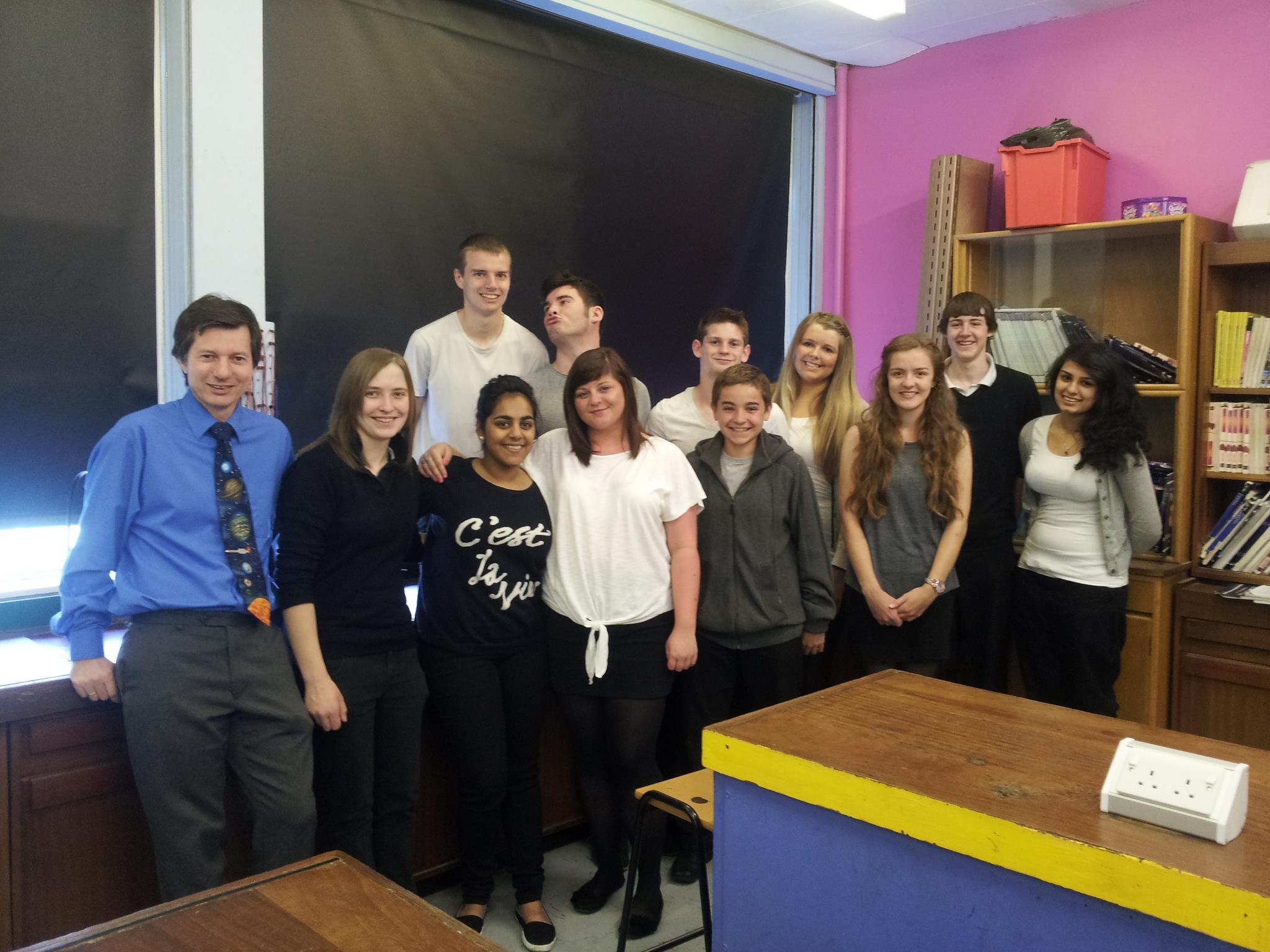This week A-level results have dominated the UK news. Amid the Covid-19 pandemic, students could not sit their exams. The UK government has allocated grades based on mock exams, teacher estimates and most controversially algorithmic logic. The aftermath has been one of anger. Many pupils in poorer areas have had their individual scores downgraded based on their school’s historic performance. If nobody in your school has received an A* before, despite your individual ability, the algorithm would and could not give you an A*. The worse performing your school has historically been the bigger the obstacle in your way.
I feel enormously sorry for everyone caught up in the mess. The government will defend the top line number, but it’s about more than that. For any of the teenagers, adamant the algorithm has graded them lower than what they believe they are capable of, that’s a bitter feeling to digest. The frustration boils down to the teenagers receiving bits of paper so important to the next step of their life. These teenagers have been told for years this is the peak of their school education system and are utterly powerless to prove that bit of paper right or wrong.
It will be okay in the end for many, but it’s so incredibly unfair to put teenagers through this. That’s my take. I can’t offer solutions, alternatives, or much critique. All I can offer is raw sympathy for those caught up in it all.
Looking Back
I remember the anxiety of university applications, exam stress and navigating results well. From every direction parents, teachers and fellow students bombard you with talk of the future. For over a decade the education system has swallowed you up and dragged you through its ranks. That’s the nature of school, and the frustration. They map every step out before you. Sure, there are choices along the way, whether to take maths or psychology at a-level. But year after year every pupil knows exactly what building they’re heading to and with which people. When school ends, so does that certainty. Talk of what to do after school is talk of a great unknown.
In sixth-form, my Dad drove me from university to university as I looked to study economics. In the second year it became obvious I didn’t have the grades, or the maths, and so I looked to take business instead, prioritising courses that offered a year in industry placement. The University of York became my first choice. They were asking for grades higher than I was achieving; it was a punt on my part. So adamant that I couldn’t and wouldn’t get into York, I came close to rejecting them, even after a conditional offer. What was the point in applying for a place where I didn’t think I’d get in? Only when speaking to one receptionist at the sixth-form did the advice I’d been receiving at home sound different; what do you have to lose by putting them as your first choice?
Unexpected Success
My friend and I went to collect our results. Nobody had told us, or we weren’t listening, that you were supposed to go early. We rocked up later. The local paper had already taken their annual photographs of jumping teens. The upper school hall filled with students from the year below getting their year group’s results. We found our envelopes, of a few remaining, condensed down onto one table.
Both of us opened them, both of us received exactly the results we needed, and we were off to the universities of our choosing. Later that day, I was at a garden party. Everybody there, of around a dozen, had also gotten into their first choices with no drama. In a rare moment, one I haven’t encountered since, for everyone there it all worked out exactly to ‘plan’. I got the grades for York, pulled up by my final exam performance in History. I revised hard for it, crammed, I knew I needed to knock that one out of the park. I’ve got a degree since, finished a year in industry and completed a graduate scheme. I can say with confidence that A*, the only one I ever got, trumps them all.
What If?
What would have happened if I hadn’t spoken to the receptionist who convinced me not to reject York? Where would I have been if I hadn’t taken that final, ultimately significant final history exam? Would I have landed with better or worse grades based on the mocks and predictions? With most of those answers, life would have turned out differently. I’d have gone to university in a different city, never met the people I have, and met a whole unique group instead. All the people, the anecdotes and the moments that have shaped me into the person typing this would be unrecognisable.
I have no groundbreaking statement to make with this blog post. Leaving school doesn’t feel that long ago, yet eight years has ticked by. I try not to look back, especially at school. I developed into a person I like a lot more at University, even more so since I left there too. All I can really offer is sympathy for everyone caught up in the mess, I’m angry on their behalf.
If there happens, in some twist of fate, to be a teenager reading this, I guess I’ll attempt some reflective advice. Here it is, from someone inadequately qualified to give it. I can tell you with at least some certainty that whatever direction you’re about to go in, bits will go badly, more bits will go well. What would life have been like down that other road? You never get to know, there’s beauty in that.
You can also follow me on Facebook: https://www.facebook.com/jamesdammauthor/



Not only the receptionist helped shape your life. Your thanks should be shared with an unknown lady at an estate agency in Ponteland. She advised me me where to look for houses in Northumberland. Towns with good schools. Following her advice I drove to Morpeth…
If we had moved to another town…well all the things you pointed to, which have shaped who you are today, would have been different from an earlier age.